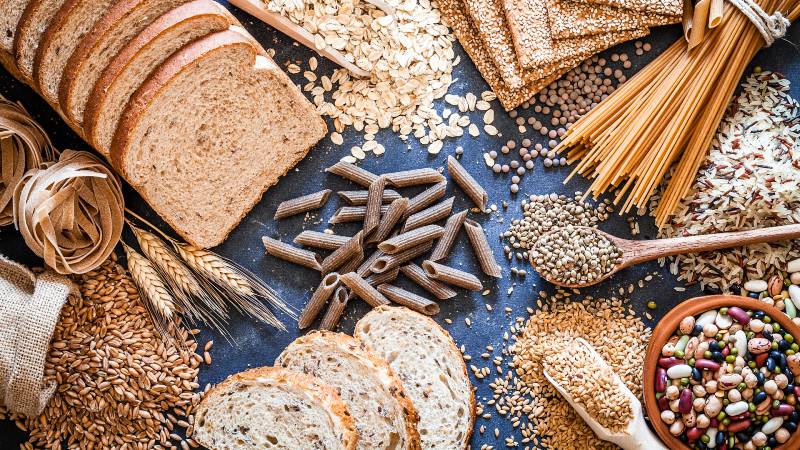Replacing Animal Products with Plant-Based Foods—Even Ultra-Processed—Leads to Weight Loss and Improved Insulin Sensitivity in People with Type 1 Diabetes

WASHINGTON, D.C.—Replacing animal products with plant-based foods, even ultra-processed ones, leads to weight loss and improved insulin sensitivity in people with type 1 diabetes, according to new research by the Physicians Committee for Responsible Medicine published in Nutrition, Metabolism & Cardiovascular Diseases.
“Choosing a veggie burger instead of a cheeseburger—and other plant-based dietary swaps—can help people with type 1 diabetes who want to lose weight and improve how their body responds to insulin,” says Hana Kahleova, MD, PhD, the lead author of the study and director of clinical research at the Physicians Committee for Responsible Medicine. “The key to success is replacing all animal products with plant-based foods—whether unprocessed fruits and veggies or ultra-processed cereal, plant milks, and meat alternatives.”
The new research is a secondary analysis of a Physicians Committee study, which was the first randomized clinical trial to look at a vegan diet in people with type 1 diabetes. In the 12-week study, 58 adults with type 1 diabetes were randomly assigned to either a low-fat vegan group with no limits on calories or carbohydrates, or a portion-controlled group that reduced daily calorie intake for overweight participants and kept carbohydrate intake stable over time.
The secondary analysis examined if the level of processing in the foods the participants ate played a role in weight loss and insulin sensitivity. The participants’ dietary records were analyzed, and all foods—both animal products and plant-based foods—were categorized using the NOVA system, which assigns foods to categories based on their level of processing. NOVA category 1 is defined as unprocessed or minimally processed foods; category 2 includes processed ingredients; category 3 includes processed foods; and category 4 is composed of ultra-processed foods, greatly modified by industrial techniques and processes.
Consumption of animal foods decreased in all NOVA categories for participants in the vegan group, while their intake of NOVA category 1 plant-based foods—including fruits, vegetables, grains, and beans—increased. There were no significant changes in consumption of plant-based foods in categories 2, 3, and 4 in either the vegan or portion-controlled group.
In the vegan group, body weight decreased by 5.2 kg (about 11 pounds) and insulin sensitivity increased. There were no significant changes in weight or insulin sensitivity in the portion-controlled group.
The original study found that a vegan diet also reduced insulin needs and led to improvements in cholesterol levels and kidney function in people with type 1 diabetes.
Media Contact
Michael Keevican
202-527-7367
mkeevican[at]pcrm.org
Founded in 1985, the Physicians Committee for Responsible Medicine is a nonprofit organization that promotes preventive medicine, conducts clinical research, and encourages higher standards for ethics and effectiveness in education and research.





